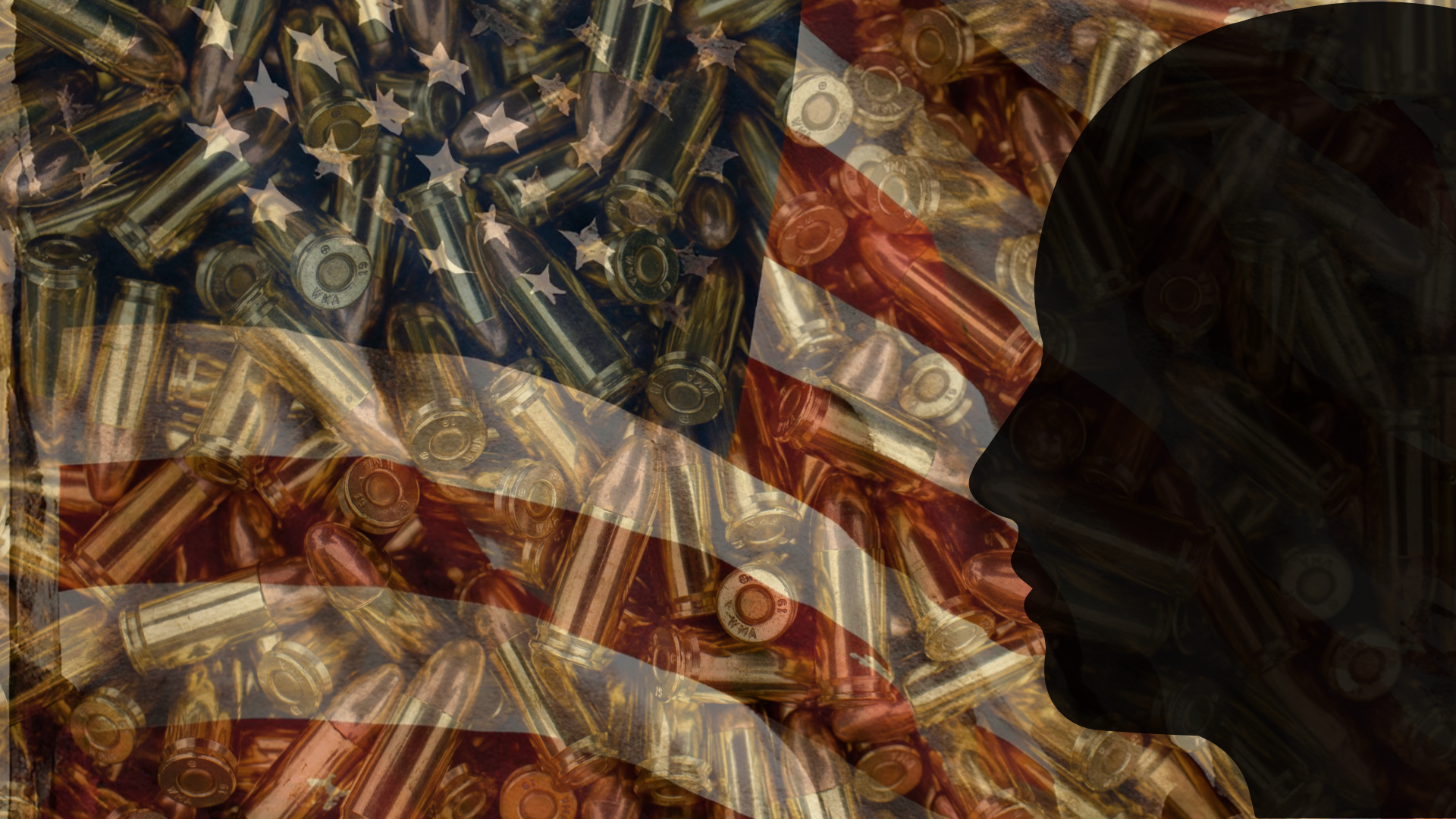In the wake of the shooting at a Trump rally over the weekend, our nation is, once again, grappling with the stark reality of gun violence in our communities.
This violence doesn’t just harm individuals; it inflicts deep wounds on the fabric of our society, disconnecting us from each other and eroding the foundations of our democracy. Threats of gun violence in our community spaces are never ok. Whether in our schools or shopping malls or political rallies, gun violence is a real issue in this country that we have yet to reconcile with in any meaningful way.
Here in New Mexico, we’re no stranger to this type of violence. We’ve witnessed a disturbing pattern of armed intimidation and assault, including with extremist groups like the Proud Boys, since at least 2019. Sadly, these mirror increasing politically-motivated violence at the national level, including but not limited to the January 6th insurrection, attempted kidnapping of Michigan’s Governor Gretchen Whitmer, and brutal attack on Paul Pelosi in his own home, the husband of former Speaker of the House Nancy Pelosi.
In our own state, there is the case of MAGA-inspired Ryan Martinez, who drove to Española and shot an artist and climate activist at a peaceful protest in 2023. In Albuquerque, Solomon Peña orchestrated drive-by shootings at the homes of two county commissioners and a state senator in late-2022. Peña later attempted to hire two people to kill witnesses in the case. And in 2020, failed city council candidate, Steven Ray Baca, assaulted a young woman and shot a man at a peaceful protest in Albuquerque’s Old Town neighborhood.
These high-profile instances of politically-motivated violence also offer a reminder of how we might respond (see the end of this piece for more on that), including acknowledging these traumas impact all of us, whether we want them to or not.
When we collectively condemn violence aimed at disrupting elections and undermining our democracy, it must be unequivocal and consistent; there can be no room for selective outrage.
We must also recognize that politically-motivated violence, enacted by individuals or by the state, only breeds more violence and deepens societal divisions.
No matter our background, zip code or political party, most of us believe that violence has no place in our political process and weapons of war have no place in our daily lives. We all deserve to live our lives, move through our communities, and engage in our political process peacefully — no matter whether we are running for office or running through a school hallway.
We must require leaders who prioritize unity over division, empathy over enmity, and who seek peace and collaboration instead of retribution or revenge.
Jacob Johns and Scott Williams, victims in two of the high profile cases mentioned above, provide an important perspective for all of us to take in: even victims of political violence perpetrated by extremists choose not to answer violence with violence, whether by individuals or the state.
Johns’ recent interview and experience also offers perspective in dealing not just with politically motivated violence in the moment but longer histories, including political violence waged against pueblos, tribes, and nations in New Mexico. We must do the work to address the current AND historical culture of violence present in our nation, but we will never get to the heart of those issues by perpetuating further violence by either the state or its citizens.

